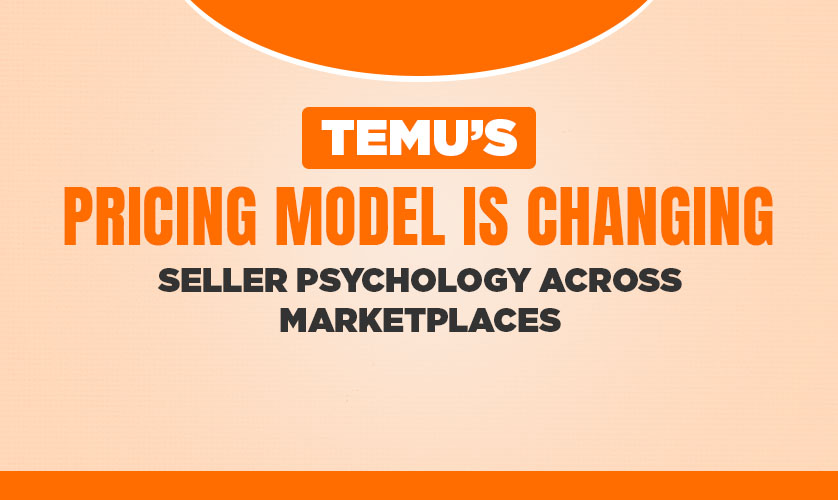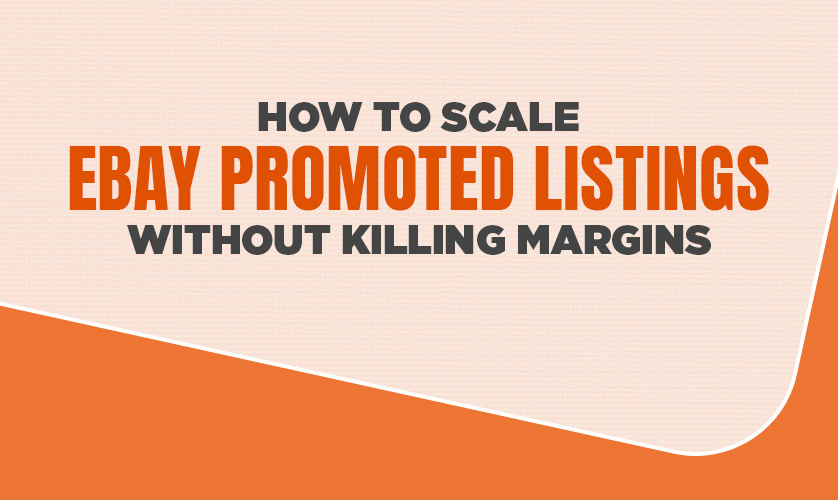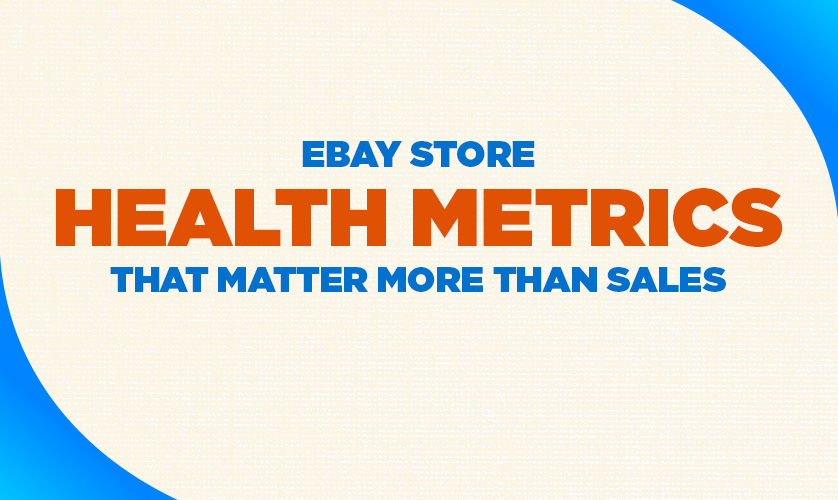One of the biggest decisions marketplace sellers face is: 
Get it wrong, and you’ll deal with angry customers, late deliveries, and account health penalties. Get it right, and you’ll win the Buy Box, rank higher in search results, and keep buyers coming back.
In this guide, we’ll compare the five most common fulfillment options across marketplaces:
- Amazon FBA (Fulfillment by Amazon)
- Walmart WFS (Walmart Fulfillment Services)
- Etsy Fulfillment
- Temu Fulfillment
- Self-Shipping (FBM / DIY shipping)
Amazon FBA (Fulfillment by Amazon)
How it works:
You send inventory to Amazon warehouses. Amazon handles storage, packing, shipping, customer service, and returns.
Pros:
- Prime badge = higher sales.
- Fast, reliable shipping.
- 24/7 customer service.
- Boosts Buy Box eligibility.
Cons:
- Storage fees can be high (especially during Q4).
- Less control over branding/packaging.
- Strict requirements for inventory prep.

Walmart WFS (Walmart Fulfillment Services)
How it works:
Similar to FBA — you send products to Walmart fulfillment centers, and they handle everything.
Pros:
- “2-Day Delivery” tag increases conversions.
- Higher Buy Box chances on Walmart.
- Handles returns and customer service.
Cons:
- Limited warehouse locations compared to Amazon.
- Fewer automation tools.
- Only for U.S.-based sellers with a U.S. return address.

Etsy Fulfillment (via integrations/partners)
How it works:
Etsy doesn’t run its own warehouses. Instead, it integrates with fulfillment partners (like Printful, ShipStation, or 3PLs).
Pros:
- Keeps Etsy’s handmade/artisan brand feel.
- Flexibility to use different 3PL partners.
- Control over packaging and branding.
Cons:
- No centralized service like FBA.
- Responsibility for ensuring 3PL meets Etsy’s shipping standards.
- Costs can vary depending on provider.

Temu Fulfillment
How it works:
Temu often requires sellers to ship inventory to its overseas warehouses. Temu then distributes products under its logistics network.
Pros:
- Access to Temu’s massive logistics network.
- Lower shipping costs (bulk handled by Temu).
- Simplified return process for customers.
Cons:
- Less control over timelines (Temu prioritizes cost efficiency).
- Longer onboarding for new sellers.
- Limited branding flexibility.

Self-Shipping (FBM, DIY Fulfillment)
How it works:
You store, pack, and ship products yourself (or through your own warehouse).
Pros:
- Full control over packaging and customer experience.
- No storage or FBA/WFS fees.
- Flexibility to use any courier (UPS, FedEx, DHL, USPS).
Cons:
- Hard to compete with Prime/WFS fast shipping.
- Time-consuming to manage at scale.
- More responsibility for returns and customer service.

Comparison Table: Fulfillment Options Side by Side
Fulfillment Option | Shipping Speed | Branding Control | Cost | Best For |
Amazon FBA | Fast (Prime) | Low | Medium-High | Scaling sellers on Amazon |
Walmart WFS | Fast (2-Day) | Low | Medium | Walmart-focused sellers |
Etsy Fulfillment | Varies (3PL) | High | Varies | Handmade/artisan sellers |
Temu Fulfillment | Moderate-Fast | Low | Low | Global, cost-focused sellers |
Self-Shipping | Varies | High | Low-Medium | Small/custom product sellers |
Quick Recap
- FBA and WFS = best for growth and Buy Box visibility.
- Etsy and Temu fulfillment = flexible but less control over timelines.
- Self-shipping = good for starting out, but tough to scale.
Choosing the right method depends on:
- Your product type.
- Your target customer.
- Your business size.
What’s Next?
Next in the series:
Blog #9: Account Suspensions – Why Sellers Get Suspended and How to Recover Fast.
 Get Your Fulfillment Strategy Blueprint
Get Your Fulfillment Strategy Blueprint
Not sure whether to choose FBA, WFS, Etsy fulfillment, Temu logistics, or self-shipping?
We’re offering a free fulfillment strategy blueprint for sellers.
You’ll get:
- A side-by-side cost breakdown for YOUR products.
- Recommendations for the best fulfillment method per marketplace.
- A scaling plan for moving from self-ship to FBA/WFS/3PL.



 Get Your Fulfillment Strategy Blueprint
Get Your Fulfillment Strategy Blueprint

